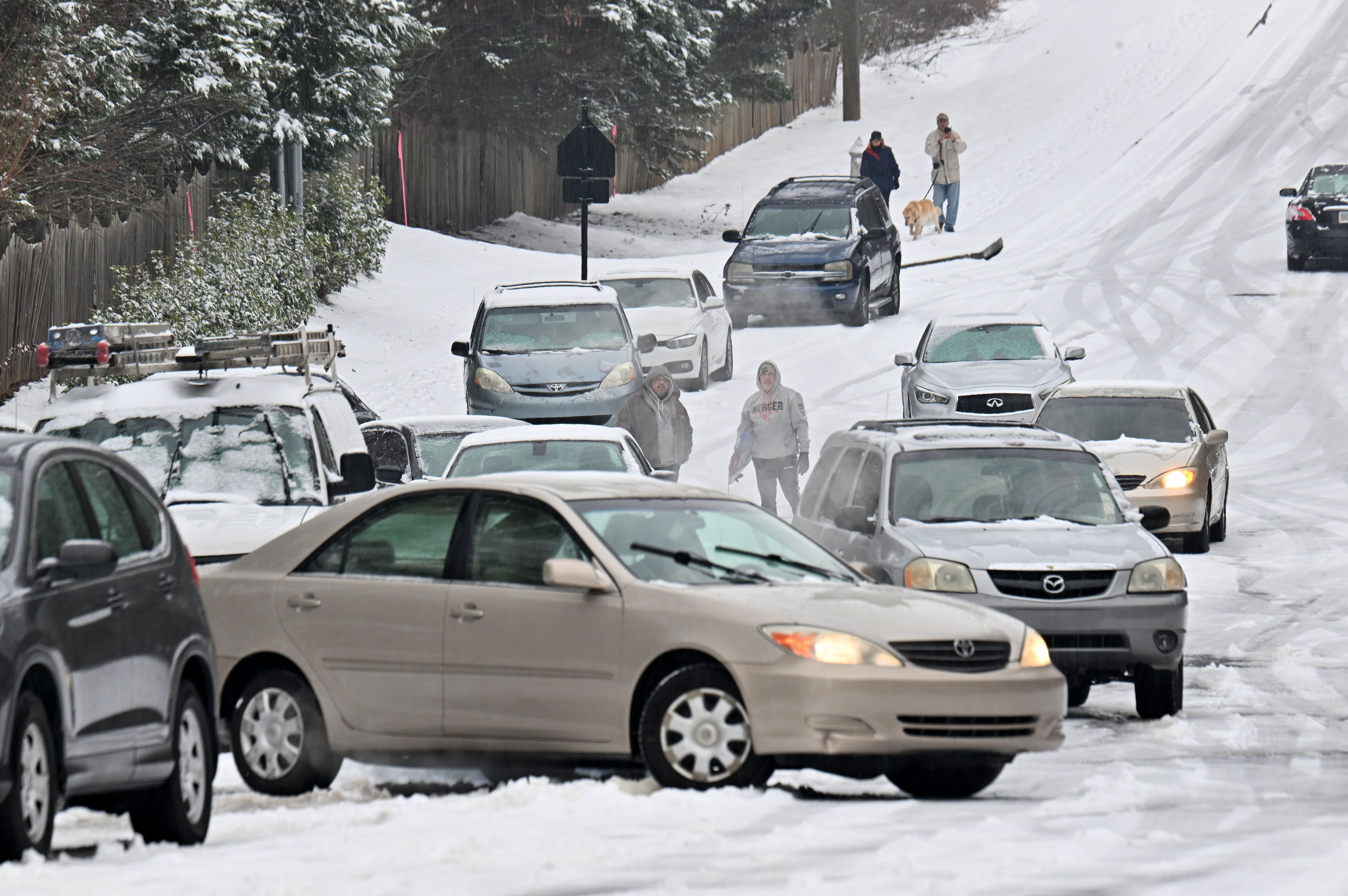If kudzu bugs are problem in your garden, here’s what to do

Recently, I discussed how to control Japanese beetle grubs organically. I noted that none of the methods are 100% effective. Here are some inorganic methods that are more effective. I mentioned chlorantraniliprole as being an effective preventive insecticide. Products containing imidacloprid or clothianidin are also effective if applied preventively, but they can pose a hazard to bees foraging on flowering weeds or nesting in treated lawns. To minimize their hazard to pollinators, mow any flowering weeds, like clover and dandelions, just before or right after the pesticide application. Avoid areas being used by ground-nesting bees. Homeowner products for preventive grub control usually have the words “season-long” grub control on the packaging. Homeowner products for curative grub control usually have the words “24-hour” grub control on the packaging.
Q: For the first time, I’m seeing kudzu bugs in my garden. They are near my tomatoes, bush beans, Malabar spinach, and bell peppers. I’m not sure which plants are attracting them to the garden. I tried to drown one of them. It eventually flew away after the sun dried up the water. Severine, email
A: Bush beans are their likely target. These olive drab, pea-sized, waddling, odorous insects are kin to stink bugs. They don’t trouble home gardeners too much, but soybean and peanut growers fear an outbreak could devastate their fields. They don’t bite, but control may be necessary. You can use any labeled outdoor insecticide to kill them. Remember that it’s best to spray in the evening, to avoid contact with honeybees. Drowning, as you have found, is not effective. A better organic control is to hang a couple of gallon milk jugs in the garden and coat them with Tangle-Trap Sticky Coating. Discard the jug when it’s covered with bugs. Keep this in mind: You can’t eliminate kudzu bugs ... you can only manage their presence.
Q: We have a big tree close to the driveway that has us worried. There is a lot of hard white stuff around the base. Do we have a problem? Marjorie Pope, email
A: Yes, you have a problem with liability if the tree falls on someone or their property. For questions like this, you need a real expert in the field of arboriculture. The best people are certified by the International Society for Arboriculture (ISA). I have a guide to finding ISA-certified arborists at bit.ly/GAtreeco.
Email Walter at georgiagardener@yahoo.com. Listen to his occasional garden comments on “Green and Growing with Ashley Frasca” Saturday mornings on 95.5 WSB. Visit his website, walterreeves.com, or join his Facebook page at bit.ly/georgiagardener for his latest tips.


